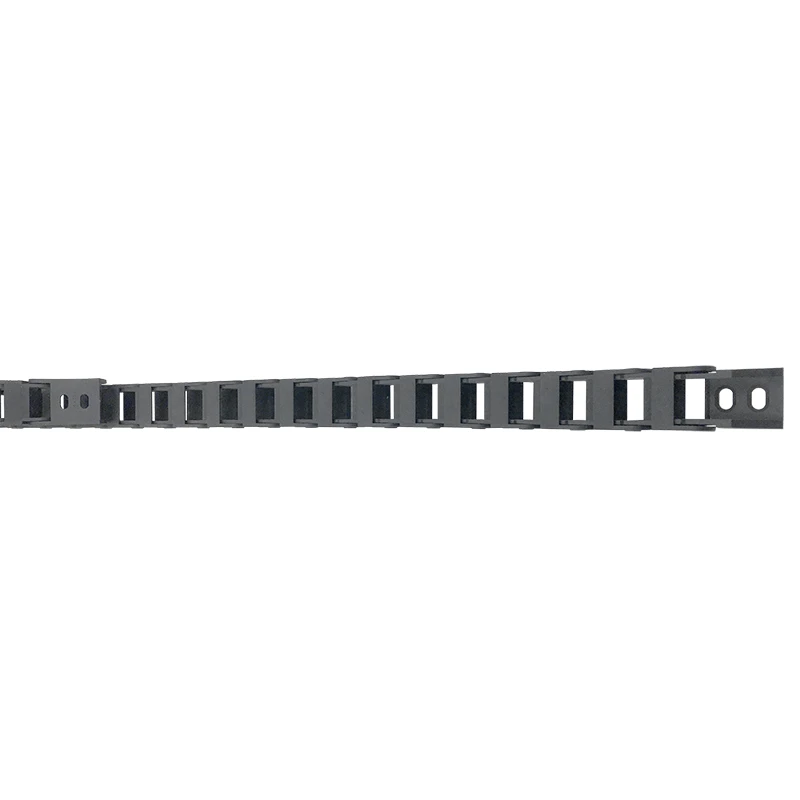Metal Chip Conveyors for Efficient Machining Waste Management Solutions
Metal Chip Conveyor Systems Enhancing Efficiency in Manufacturing
In the realm of manufacturing, especially in metalworking industries, the efficient handling of metal chips and shavings is a critical concern. Metal chip conveyor systems are essential tools designed to address this issue, optimizing workflows and enhancing productivity while maintaining a clean and safe work environment. This article will delve into the importance, functionality, and advantages of metal chip conveyor systems, highlighting their role in modern manufacturing processes.
What are Metal Chip Conveyor Systems?
Metal chip conveyor systems are specialized equipment designed to transport metal shavings, chips, and scrap produced during machining processes. These systems come in various designs, including belt conveyors, screw conveyors, and magnetic conveyors, each tailored to meet specific operational needs. Their primary purpose is to remove waste material efficiently from the production area, minimizing downtime and keeping machinery clear of debris.
Importance of Metal Chip Removal
The production of metal chips is an inevitable byproduct of machining operations such as milling, turning, and grinding. If not managed effectively, these chips can lead to several issues. First, their accumulation can obstruct machine operations, resulting in potential downtime for cleaning and maintenance. Second, metal chips can pose safety hazards, including slips and falls, as well as the risk of fires in extreme cases. Finally, proper chip removal is essential for ensuring the quality of the finished product, as chips left in the machining area may contaminate parts or interfere with precision.
Types of Metal Chip Conveyor Systems
1. Belt Conveyors One of the most common types, belt conveyors transport metal chips on a robust belt system. They are versatile and capable of handling various chip types and sizes.
2. Screw Conveyors Utilizing a rotating helical screw blade, screw conveyors efficiently move chips from one location to another. They are ideal for transporting small to medium-sized chips and can handle sludges and liquids as well.
3. Magnetic Conveyors These systems use magnets to move ferrous chips. They are particularly effective in applications where precision is crucial, such as in machining centers with tight tolerances.
metal chip conveyor systems

4. Drag Chain Conveyors This type employs a chain system to pull metal chips through a trough. It is suitable for larger volumes of chips and can handle heavy scrap materials with ease.
5. Vacuum Conveyors Utilizing suction, these systems can transport fine or lightweight metal chips from the machining area to disposal. They are especially useful in environments where airborne contaminants are a concern.
Advantages of Metal Chip Conveyor Systems
1. Increased Efficiency By automating the chip removal process, these systems reduce the manual labor required for cleanup, allowing operators to focus on production tasks and reducing downtime.
2. Enhanced Safety A clean work environment minimizes the risk of slips and falls associated with scattered chips and shavings. Additionally, proper chip management reduces fire hazards.
3. Improved Machine Longevity Regular removal of metal waste helps maintain machinery in optimal condition, ultimately extending its lifespan and reducing the frequency of repairs and maintenance.
4. Cost Reduction While there is an initial investment involved in implementing chip conveyor systems, the long-term savings in labor costs, reduced downtime, and enhanced productivity often outweigh these expenses.
5. Environmental Benefits Properly managed metal chips can often be recycled, contributing to sustainability efforts within the manufacturing sector. Conveyor systems can be integrated with recycling operations, allowing for efficient material recovery.
Conclusion
In an industry where efficiency and safety are paramount, metal chip conveyor systems play a vital role in streamlining operations and enhancing the overall production process. By minimizing downtime, improving safety, and allowing for effective waste management, these systems not only contribute to a cleaner work environment but also play a significant role in boosting productivity and reducing costs. As manufacturing processes continue to evolve, the importance of adopting advanced chip conveyor solutions will only grow, making them an indispensable component of modern manufacturing operations.








